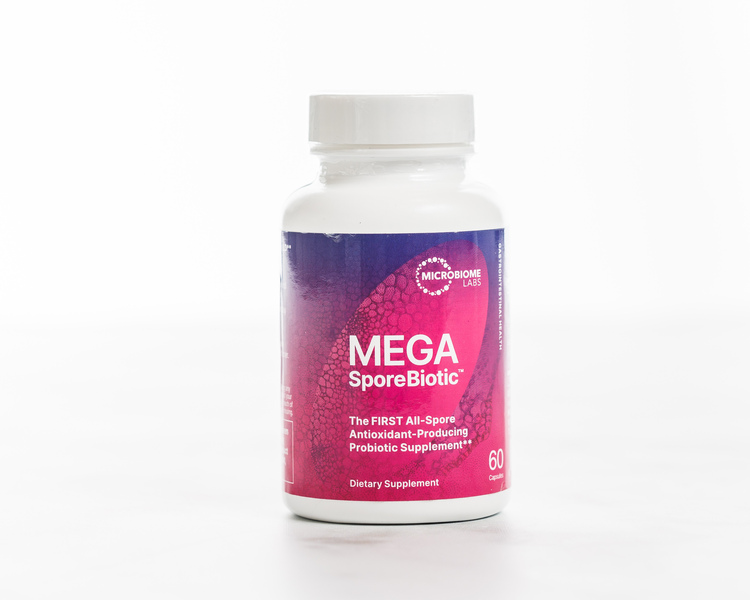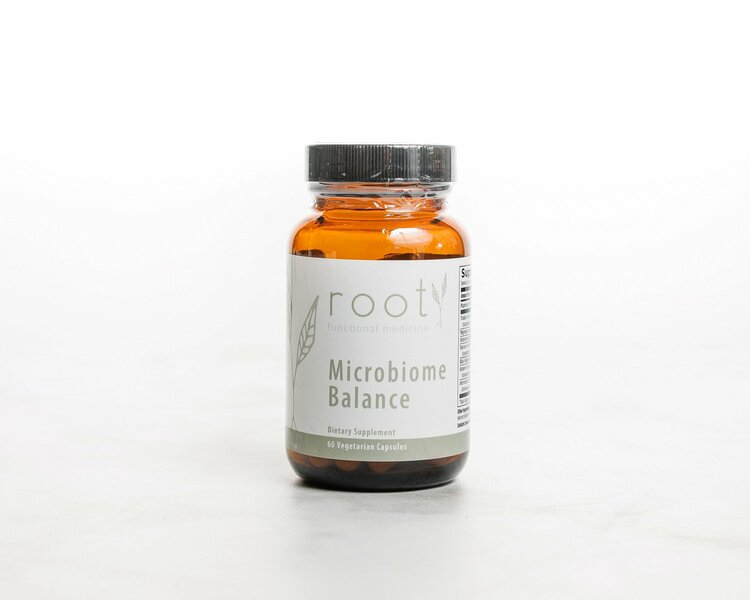
Constipation and Diarrhea Cycle
Having regular bowel movements without strain or discomfort is a big marker of overall health. However, for some, the intricate balance of the digestive system is disrupted, leading to a frustrating and uncomfortable cycle of constipation and diarrhea.
In this article, we’ll explore the root causes of the constipation and diarrhea cycle and review potential remedies to help you better understand and manage this common digestive rollercoaster.
What is Constipation?
Constipation is a condition characterized by infrequent bowel movements or difficulty passing stool. Common symptoms include straining during bowel movements, hard or lumpy stools, and a feeling of incomplete evacuation. While the normal frequency of bowel movements varies among individuals, going three or fewer times per week is generally considered a sign of constipation in conventional medicine. However, in functional medicine, we believe that individuals should be having a meaningful bowel movement at least once per day to support natural detoxification and overall gut health.
Causes of Constipation
Several factors can contribute to constipation, including:
- Low fiber intake
- Inactivity
- Dehydration
- Certain medications
- Hypothyroidism
- Small intestinal bacterial overgrowth (SIBO)
- Stress
- Mood disorders
- Neurological conditions (such as diabetic neuropathy, etc.)
What is Diarrhea?
On the opposite end of the spectrum, diarrhea is characterized by loose, watery stools and increased frequency of bowel movements. It is often accompanied by abdominal cramps, bloating, and urgency.
Causes of Diarrhea
- Gut dysbiosis (an imbalance of gut bacteria)
- Infections in the digestive tract
- SIBO
- Low stomach acid
- Inflammatory bowel disease
- Food sensitivities/intolerances/allergies
- Stress
- Mood disorders
- Certain medications
Constipation and Diarrhea Cycle
In the constipation and diarrhea cycle, one condition may lead to the other. For instance, constipation can result in stool hardening and impaction, leading to liquid stool leaking around the blockage, resulting in diarrhea. On the other hand, chronic diarrhea can irritate the colon and lead to a reflexive tightening of the muscles, resulting in subsequent constipation.
Irritable bowel syndrome (IBS) is an intestinal disorder commonly characterized by abdominal discomfort in combination with diarrhea and/or constipation. Up to 16 percent of Americans may suffer from IBS, and this condition is more common in women and young adults (1). However, conventional medicine often supports the incorrect notion that IBS causes diarrhea or constipation. While bowel irregularity is a symptom of IBS, functional medicine recognizes that there are deeper root causes to IBS like dysbiosis or low stomach acid. Read more about using functional medicine for IBS.
Managing the Cycle
In functional medicine, we believe in treating the root causes of your symptoms rather than prescribing medication to temporarily mask them. For individuals with this vicious cycle, we would likely recommend a full blood workup to rule out possible causes like hypothyroidism or celiac disease. Furthermore, we may also suggest further gut testing with a comprehensive stool analysis. Functional medicine doctors are uniquely qualified to interpret these in-depth tests which look for inflammation, infection, imbalances in gut bacteria, yeast overgrowth, and more.
A true gut health protocol is based on an individual's root causes and test results. However, in general, we base our personalized gut recommendations off of the 5R protocol. We have seen great success in using this protocol for the majority of our members who are suffering from poor gut health and digestive symptoms.
The 5R protocol for healing the gut includes:
- Removing bacterial overgrowth, viruses, parasites, and other infections in the gut with antimicrobials or targeted antibiotics.
- Restoring optimal digestion by replacing low or missing digestive components, such as digestive enzymes, bile, and stomach acid.
- Repairing damage to the intestinal lining with healing herbs and nutrients.
- Reinoculating the gut with a healthy balance of beneficial gut bacteria using targeted probiotics.
- Rebalancing lifestyle factors to support long term success.
Learn more about our gut healing protocol.
Healthy Bowel Habits
While an individualized gut health protocol may be required for individuals with certain gut infections, imbalances, or inflammation, everyone can benefit from implementing healthy bowel habits. For some people, incorporating these simple changes can solve the frustrating constipation and diarrhea cycle.
Meet Daily Fiber Recommendations
Only five percent of Americans regularly meet the recommended daily intake of fiber (2). Therefore, chances are that almost everyone reading this could benefit from focusing on gradually increasing their fiber intake to a goal of 30 to 35 grams per day.
Some high fiber foods include:
- Raspberries
- Avocados
- Pears
- Apples
- Broccoli
- Quinoa
- Oats
- Brown rice
- Green peas
- Black beans
- Chia seeds
- Almonds
If you struggle with bloating, aim to slowly increase your fiber intake over the course of a week. If you have trouble tolerating this much fiber, consider working with your doctor to obtain a test for SIBO.
Drink Enough Water
Dehydration is a common cause of constipation. As you begin to increase your fiber intake, it’s crucial to also drink enough fluids. Eating a high-fiber diet without drinking enough water can worsen constipation. A good rule of thumb is to aim to drink at least half of your body weight (in pounds). For example, a person who weighs 180 pounds would aim to drink approximately 90 fluid ounces of water each day.
Stay Active
Physical activity helps stimulate bowel movements and supports overall digestive health. If you do not regularly exercise, walking is a great place to start. Start small and gradually build your habits to incorporate more physical activity into your daily routine.
Key Takeaways
A functional medicine approach can help you identify the root causes of your digestive symptoms and treat it with a personalized gut health protocol. However, by adopting healthy bowel habits, many people can find significant improvements in bowel regularity by increasing fiber intake, drinking enough water, and staying physically active.
Learn more about our comprehensive functional medicine membership program to resolve bathroom problems for good.

Get to the Root at Home
Curious about where you should start your functional medicine journey?
Take our Get to the Root Quiz so you can start working towards reversing disease and optimizing your health at the Root cause.
Take the Get to the Root Quiz


